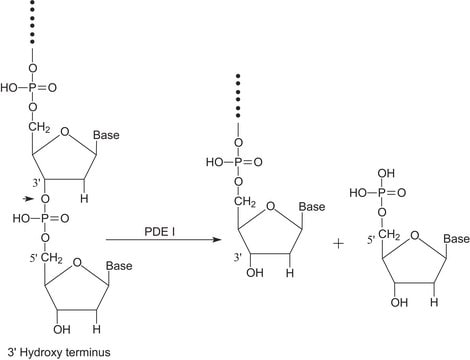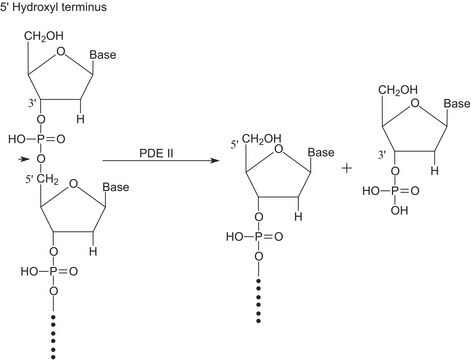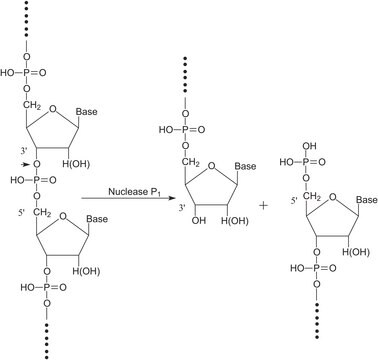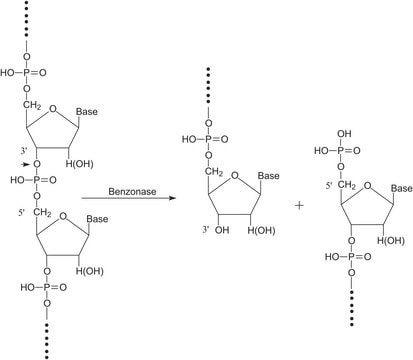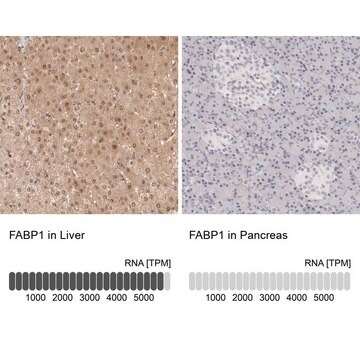P4506
Phosphodiesterase I from Crotalus atrox (Western Diamondback Rattlesnake)
Type IV, crude dried venom
Synonym(s):
5′-Exonuclease, Oligonucleate 5′-nucleotidohydrolase
Sign Into View Organizational & Contract Pricing
All Photos(2)
About This Item
EC Number:
MDL number:
UNSPSC Code:
12352204
NACRES:
NA.54
Recommended Products
Looking for similar products? Visit Product Comparison Guide
General description
Research area: Cell signalingPhosphodiesteraseI (PDEI) exists in three isoforms PDE1A,PDE1B, and PDE1C(2) that are locatedin cardiovascular, central nervous system, and other organs.
Application
Phosphodiesterase I from Crotalus atrox (Western Diamondback Rattlesnake) has been used to analyse its effect on intracellular calcium concentration of neutrophils. It has also been used in combination with other enzymes to determine the activity of phosphatase enzyme.
Phosphodiesterase I, product P4506 from western diamondback rattlesnake, is used in phosphodiesterase activation assays for calmodulin. It is added to hydrolyze AMP.
Biochem/physiol Actions
Phosphodiesterase I breaks phosphodiester bonds and catalyzes the hydrolysis of various nucleotide polyphosphates. Phosphodiesterase I is released from eucaryotic plasma membranes by phosphatidylinositol-specific phospholipase C. Phosphodiesterase I (PDEI) can hydrolyze 3′,5′-cyclicadenosine monophosphate (cAMP) and 3′,5′-cyclic guanosine monophosphate (cGMP).It forms a complex with Ca2+/calmodulin (CaM) that leads to the activationof its catalytic activity.PDEIshows biotherapeutic effects for the treatment of cancer, diseases, neurocognitive,pulmonary, metabolic, heart, renal, neurological disorders, and endocrineabnormalities.
inhibitor
Product No.
Description
Pricing
substrate
Product No.
Description
Pricing
Storage Class Code
11 - Combustible Solids
WGK
WGK 3
Flash Point(F)
Not applicable
Flash Point(C)
Not applicable
Choose from one of the most recent versions:
Already Own This Product?
Find documentation for the products that you have recently purchased in the Document Library.
Customers Also Viewed
T Nakabayashi et al.
Journal of biochemistry, 99(3), 703-712 (1986-03-01)
From various rat organs, alkaline phosphodiesterase I was liberated by the action of phosphatidylinositol-specific phospholipase C obtained from Bacillus thuringiensis. Especially, a large amount of alkaline phosphodiesterase I was released from slices of small intestine, testis, lung, and kidney, but
C J Brokaw et al.
The Journal of cell biology, 100(6), 1875-1883 (1985-06-01)
Sea urchin spermatozoa demembranated with Triton X-100 in the presence of EGTA, termed potentially asymmetric, generate asymmetric bending waves in reactivation solutions containing EGTA. After they are converted to the potentially symmetric condition by extraction with Triton and millimolar Ca++
Phosphodiesterase I, a novel adhesion molecule and/or cytokine involved in oligodendrocyte function.
B Fuss et al.
The Journal of neuroscience : the official journal of the Society for Neuroscience, 17(23), 9095-9103 (1997-12-31)
One of the more complex developmental processes occurring postnatally in the CNS is the formation of the myelin sheath by oligodendrocytes. To examine the molecular events that take place during myelination, we isolated oligodendrocyte-derived cDNA clones, one of which (p421.HB)
Assessment of bioavailable organic phosphorus in tropical forest soils by organic acid extraction and phosphatase hydrolysis
Darch T, et al.
Geoderma, 284, 93-102 (2016)
Identification of Lys49-PLA2 from crude venom of Crotalus atrox as a human neutrophil-calcium modulating protein
Sultan MD, et al.
The Korean Journal of Physiology & Pharmacology : Official Journal of the Korean Physiological Society and the Korean Society of Pharmacology, 20(2), 177-183 (2016)
Our team of scientists has experience in all areas of research including Life Science, Material Science, Chemical Synthesis, Chromatography, Analytical and many others.
Contact Technical Service